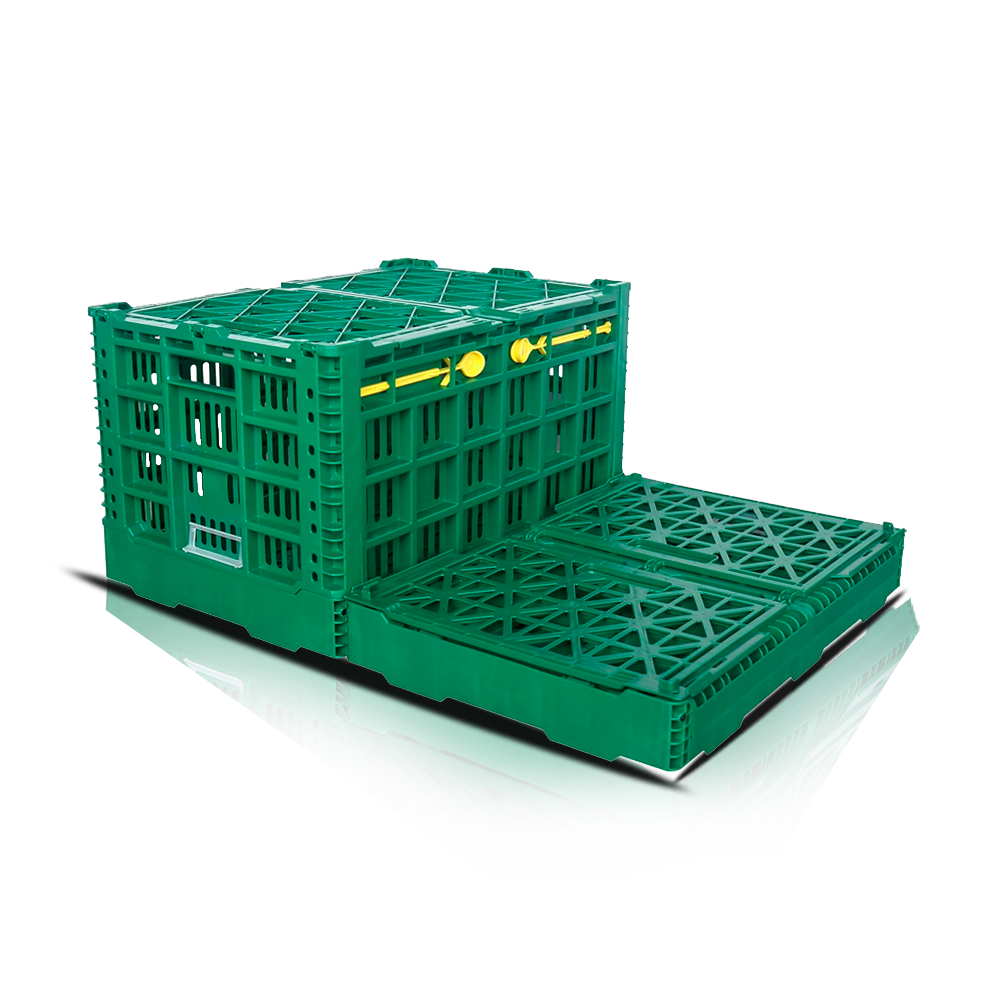Standardization and regulations play a critical role in the design and use of plastic vegetable crates, impacting safety, quality, and efficiency throughout the supply chain. Here are several key aspects:
1. Safety Standards
Regulatory bodies establish safety standards that plastic vegetable crates must meet to ensure they do not pose risks to food safety. These standards often include guidelines on materials used, chemical resistance, and the absence of harmful additives, ensuring that crates do not leach contaminants into stored produce.
2. Quality Assurance
Standardization helps ensure consistency in the quality and performance of plastic crates. By adhering to established specifications, manufacturers can produce crates that meet predetermined criteria for strength, durability, and hygiene. This consistency is vital for maintaining the integrity of the food supply chain.
3. Interoperability
Standardized dimensions and designs facilitate interoperability among different suppliers and retailers. This compatibility allows crates to be easily stacked, transported, and stored, improving logistics and reducing the risk of damage during handling.
4. Traceability and Accountability
Regulatory frameworks often require manufacturers to maintain records of the materials and processes used in producing plastic crates. This traceability helps ensure accountability in case of contamination or product failure, enabling swift responses to potential food safety issues.

5. Sustainability Goals
Regulations may also promote the use of recyclable materials and set targets for sustainability within the agricultural sector. Standardizing designs for recyclability encourages manufacturers to consider the end-of-life impact of their products, fostering environmentally friendly practices.
6. Market Access
Compliance with national and international standards can enhance market access for producers. Many retailers and distributors require adherence to specific regulations before allowing products into their supply chains, making standardization essential for broader market participation.
7. Consumer Confidence
Standards and regulations help build consumer trust by ensuring that the products they purchase meet specific safety and quality benchmarks. This confidence is crucial for the agricultural sector, where food safety is a paramount concern.
In summary, standardization and regulations are vital for ensuring the safety, quality, and efficiency of plastic vegetable crates. They promote best practices within the industry, enhance market access, and ultimately protect consumers by ensuring that the food supply remains safe and reliable. By adhering to these guidelines, manufacturers and suppliers can contribute to a more sustainable and efficient agricultural system.












ZHEJIANG ZHENGJI PLASTIC INDUSTRY CO. ,LTD born in 1990’s is a professional manufacturer of plastic collapsible boxes, folding crates, storage bins, moving dolly and other plastic products items, etc.
 +0086-573-80886008
+0086-573-80886008Copyright © Zhejiang Zhengji Plastic Industry Co.,Ltd.All Rights Reserved.
